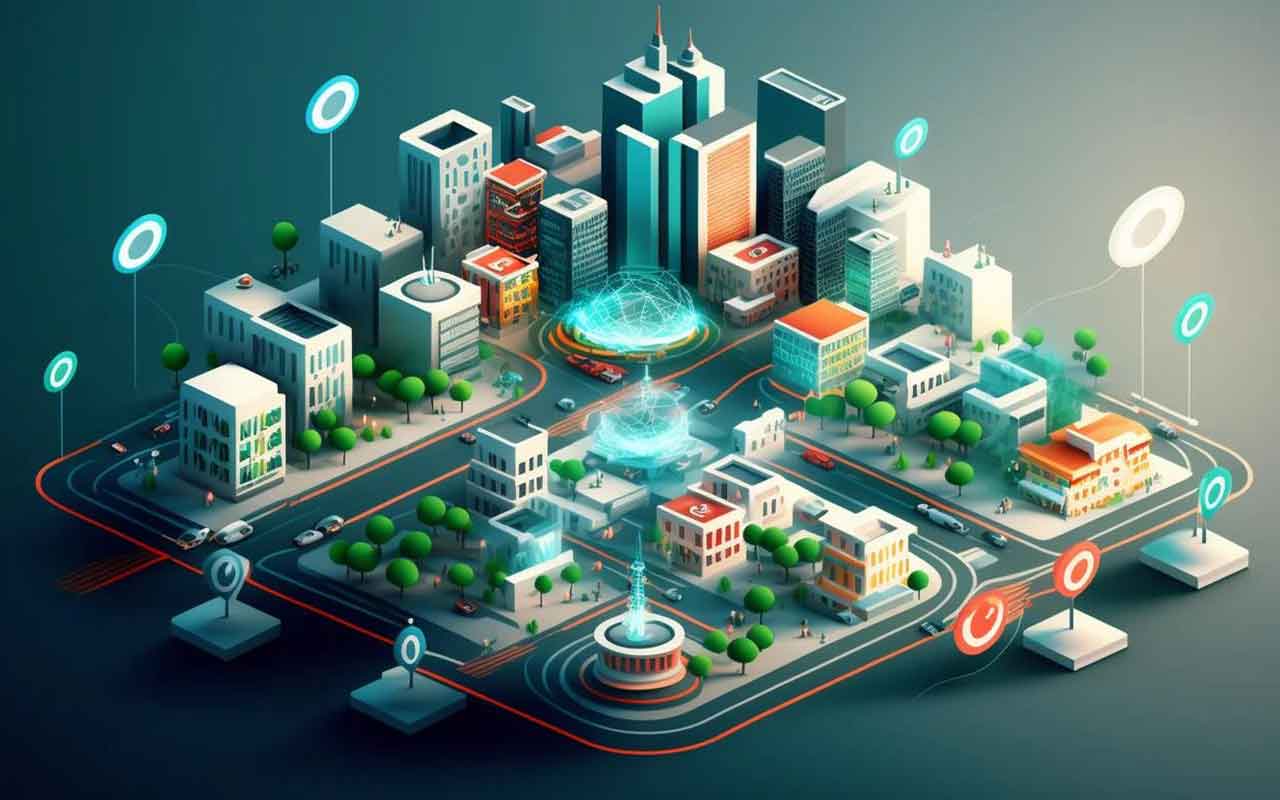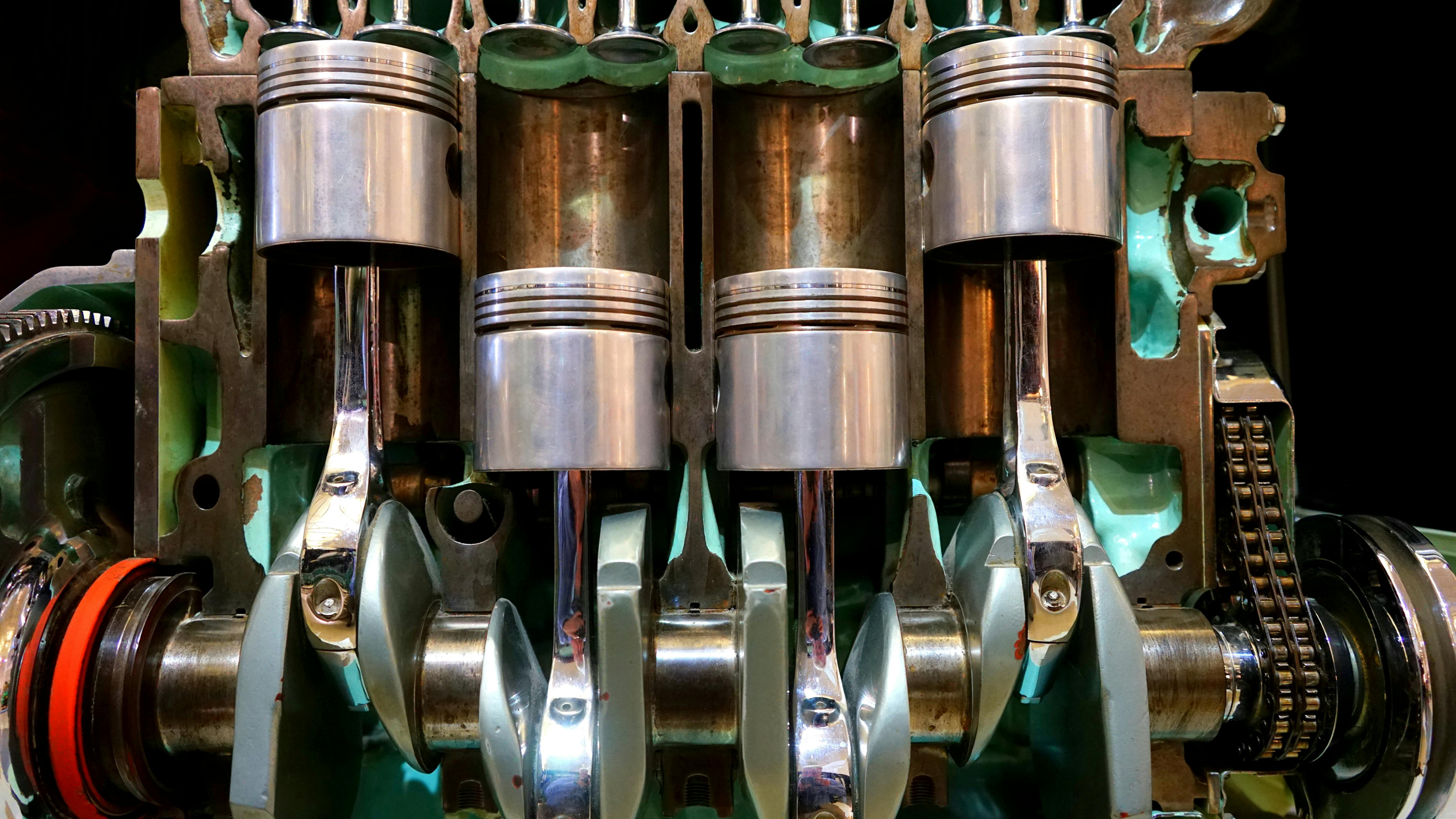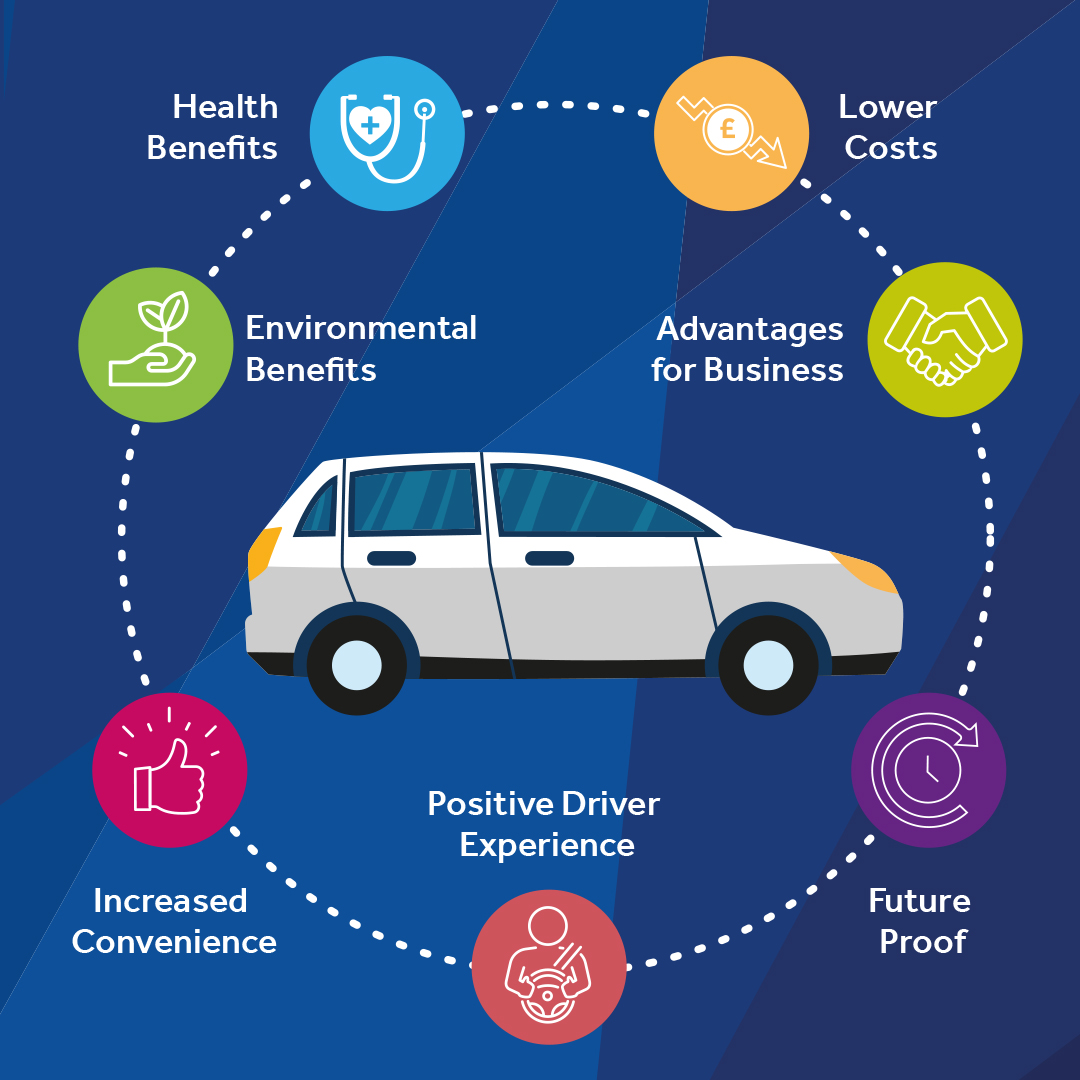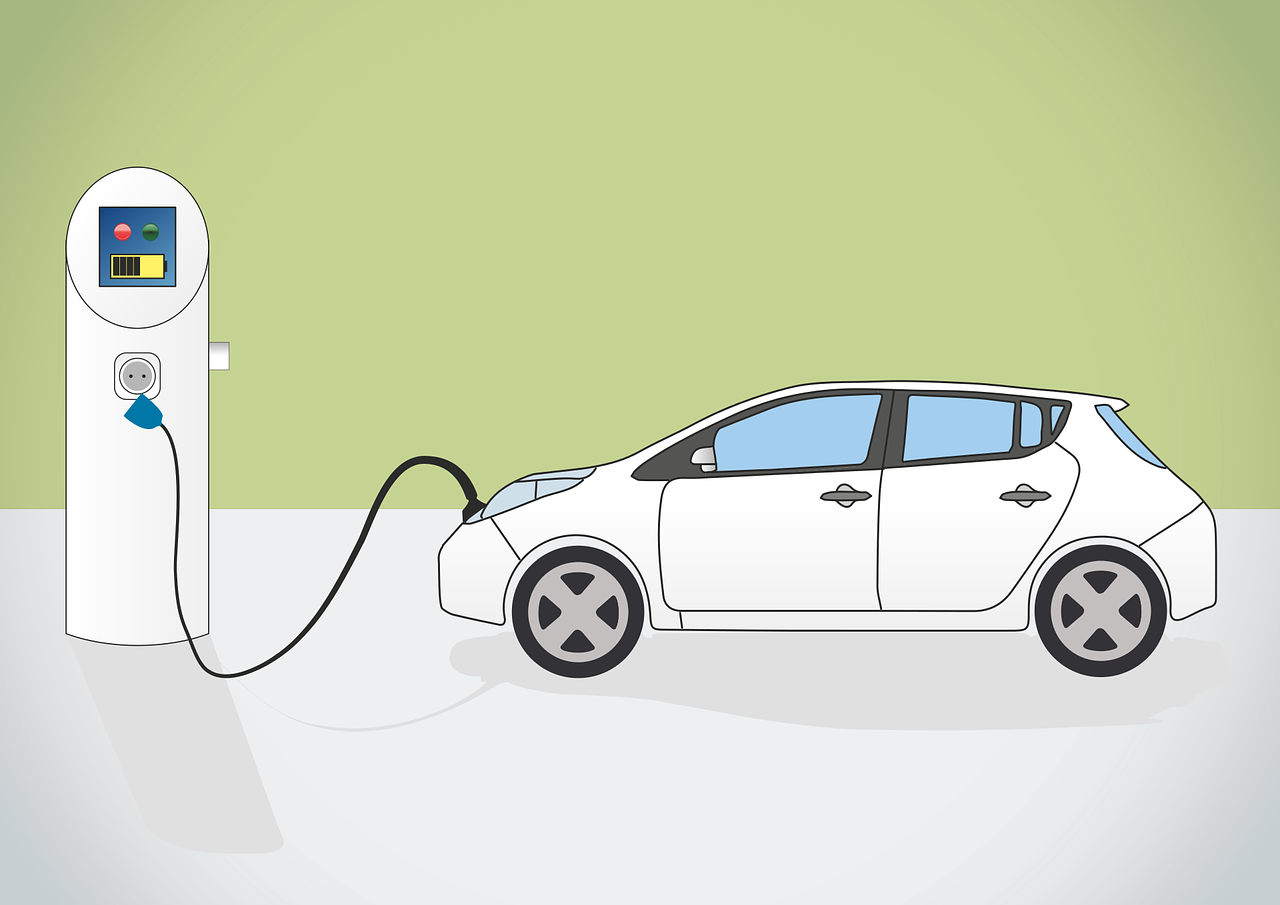Powering Tomorrow’s Cities: The Crucial Role of Electrical Engineering in Smart City Development
The concept of smart cities, integrating technology to enhance urban living, relies significantly on the expertise of electrical engineering. This article explores the pivotal role of electrical engineering in the development and sustainability of smart cities, focusing on innovations, challenges, and the transformative impact on urban infrastructure.
Electrical Engineering in Smart Infrastructure:
1. Advanced Power Systems:
Electrical engineers design and implement efficient power grids, integrating renewable energy sources, microgrids, and smart metering systems to optimize energy distribution and consumption.
2. IoT and Connectivity:
Smart city infrastructure heavily relies on IoT devices and sensors. Electrical engineers contribute by creating interconnected systems for data collection, analysis, and real-time monitoring of various urban functions.
Innovations Driving Smart Cities:
1. Energy-Efficient Lighting:
LED lighting systems designed by electrical engineers improve energy efficiency and offer smart lighting solutions, enhancing safety and reducing energy consumption in urban areas.
2. Intelligent Transportation Systems:
Electrical engineers develop traffic management systems, electric vehicle charging infrastructure, and innovative mobility solutions to enhance transportation efficiency in smart cities.
Challenges and Solutions:
1. Integration Complexity:
The integration of diverse technologies demands interdisciplinary collaboration among engineers, city planners, and policymakers to ensure seamless connectivity and compatibility.
2. Cybersecurity and Data Privacy:
Electrical engineers address cybersecurity concerns by implementing robust encryption, secure communication protocols, and privacy-enhancing measures to protect citizen data.
Future Prospects and Sustainability:
1. Renewable Energy Integration:
Continued advancements in electrical engineering will promote the integration of renewable energy sources, reducing carbon footprints and enhancing sustainability in smart cities.
2. AI-Optimized Urban Management:
AI-driven solutions, developed by electrical engineers, will streamline urban management processes, optimizing resource allocation and improving citizen services.
Electrical engineering forms the backbone of smart city development, contributing to the creation of sustainable, efficient, and technologically advanced urban environments. As electrical engineers continue to innovate, collaborate, and address emerging challenges, the evolution of smart cities stands as a testament to their crucial role in shaping the future of urban living.
latest video
news via inbox
Nulla turp dis cursus. Integer liberos euismod pretium faucibua









